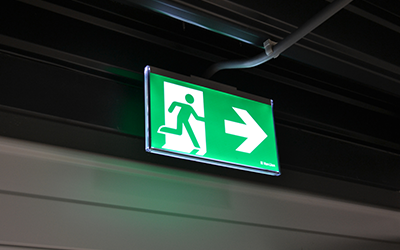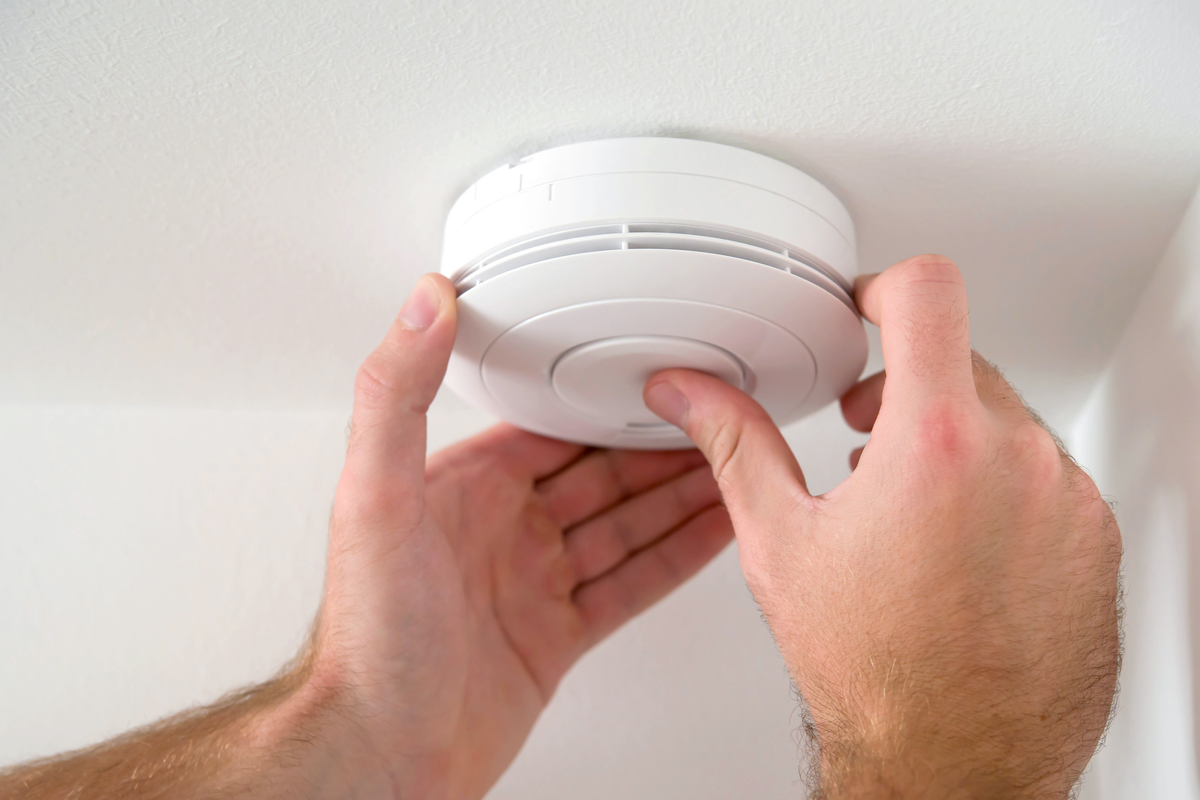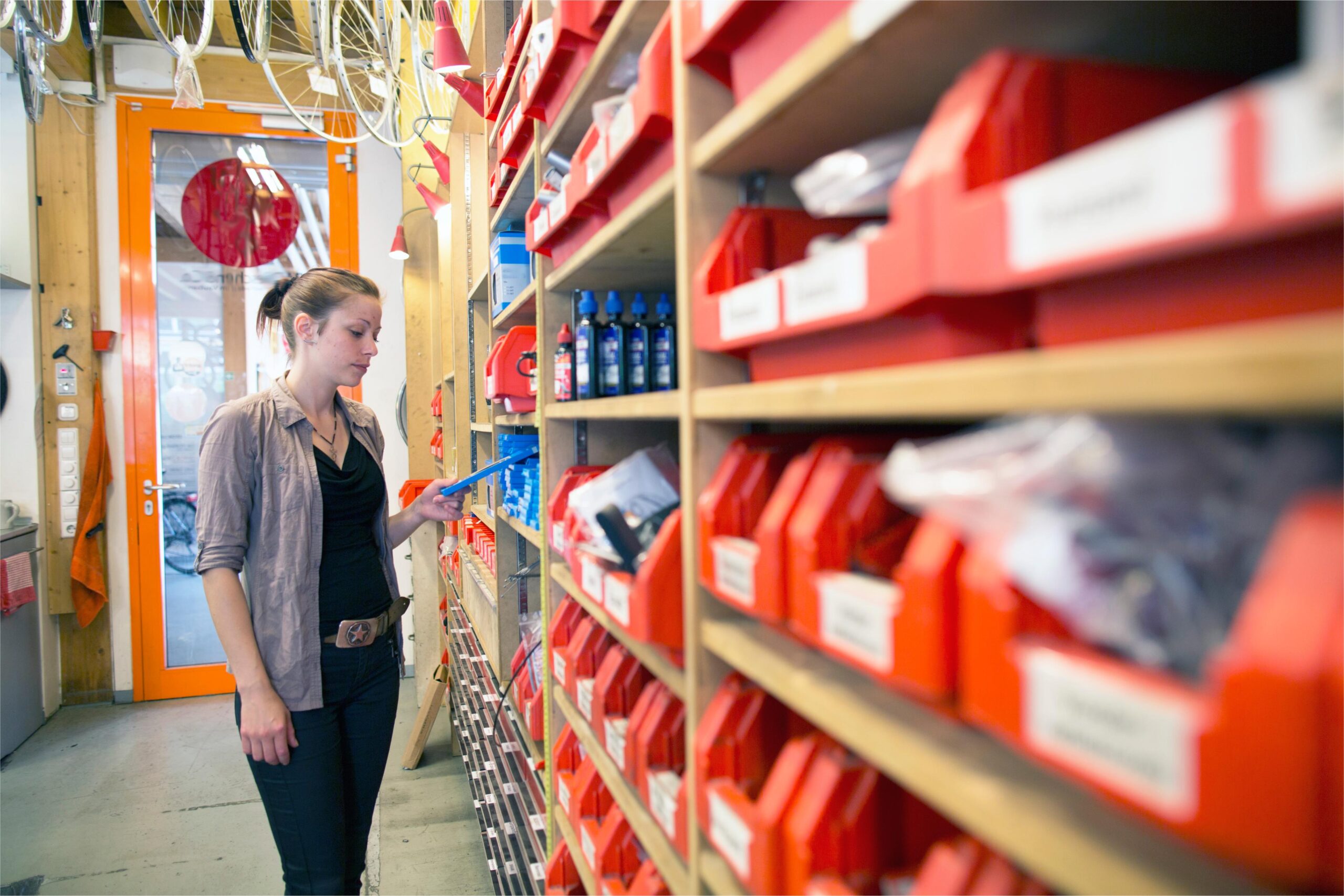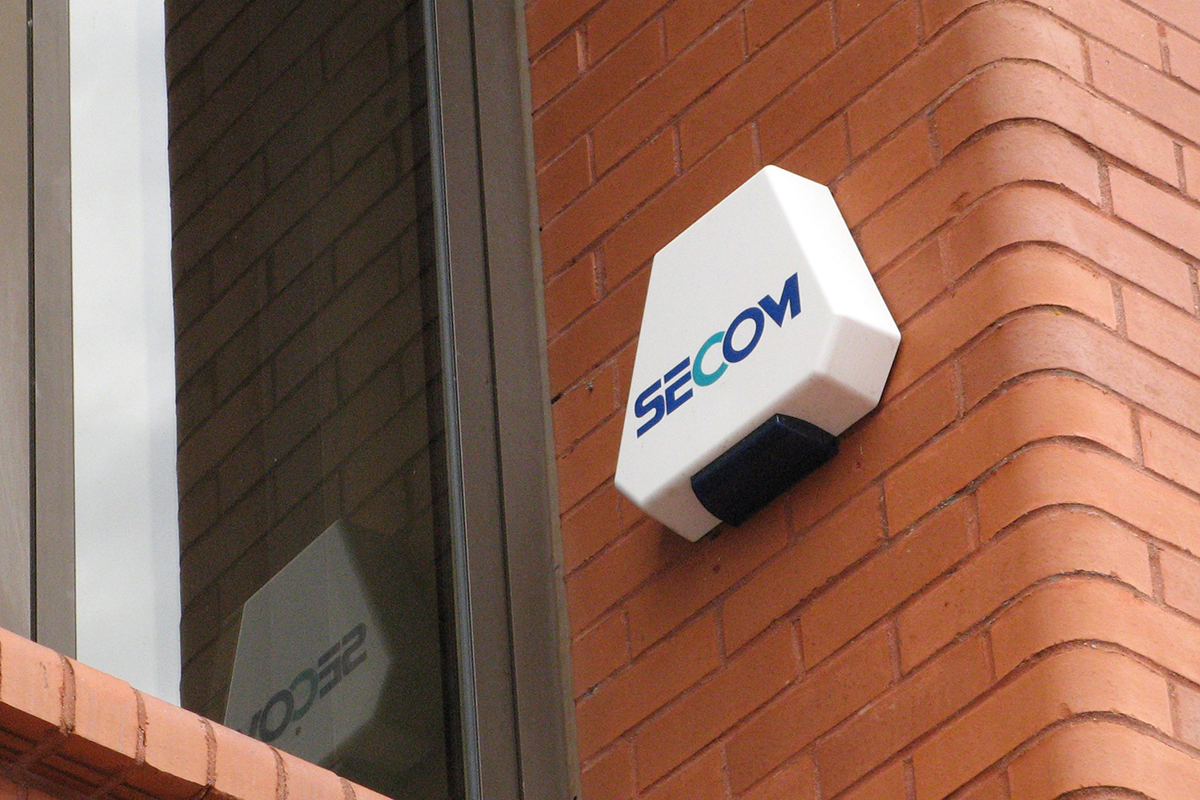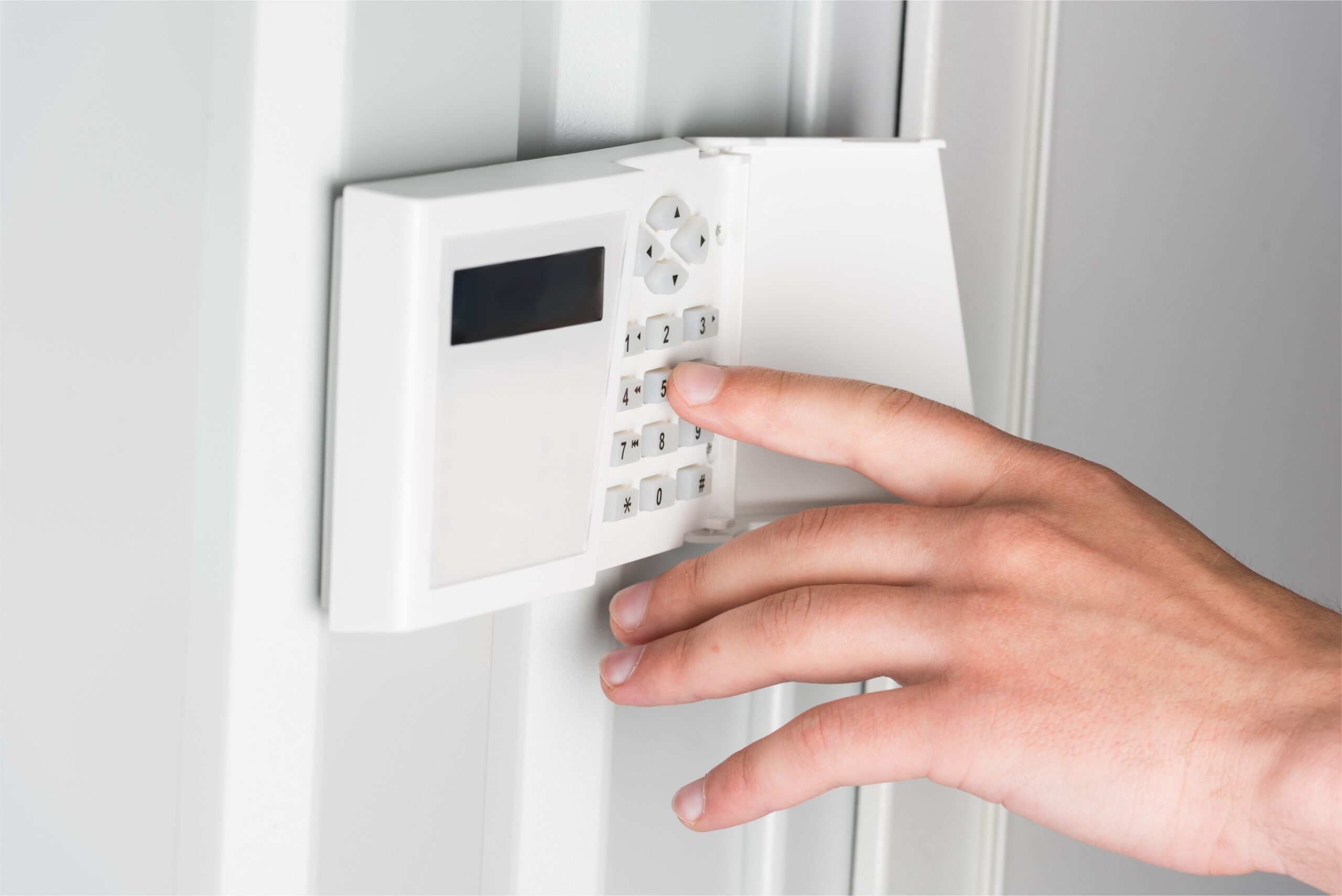The holiday season is a time when businesses often focus on festive displays, seasonal promotions, and well-earned breaks. However, amidst the celebrations, fire safety can sometimes be overlooked.
With increased electrical usage, temporary decorations, and fewer staff on-site during closures, the risk of fire incidents rises significantly. Ensuring that fire safety remains a top priority not only protects the business premises but also safeguards employees, customers, and assets.
Recognising seasonal fire hazards
During the festive period, many businesses introduce additional electrical items, from decorative lights to portable heaters, all of which increase the strain on power sources. Overloaded circuits, faulty wiring, and unattended electrical appliances become potential fire hazards. For retail stores, warehouses, and hospitality venues, the sheer volume of stock and packaging materials also adds to the fire risk, providing highly flammable fuel if an ignition source is introduced.
Another significant consideration is kitchen safety. Restaurants, cafés, and catering businesses experience increased demand over the holidays, meaning cooking equipment is in constant use. Without proper ventilation, fire suppression systems, and regular maintenance of extraction units, the risk of grease build-up and overheating appliances becomes a genuine concern. Even office kitchens can present a hazard if staff fail to switch off equipment before leaving for extended holiday closures.
Ensuring fire detection systems are fully operational
A fire alarm system is only effective if it functions correctly when needed. Before the festive season gets into full swing, businesses should conduct a thorough check of their fire detection and suppression systems. Smoke alarms, heat sensors, and sprinkler systems should all be tested to confirm they are in working order. If the business has a monitored fire alarm system, ensuring that all emergency contacts are updated will allow for a swift response should an incident occur while the premises are unoccupied.
For larger premises, fire detection should extend beyond alarm systems. Smart security solutions now allow for integrated monitoring, with CCTV cameras equipped with thermal imaging to detect unusual temperature fluctuations. These systems provide an additional layer of protection, particularly for businesses that close over the holiday period.
Minimising electrical and heating risks
While festive lights create a welcoming atmosphere, they must be used responsibly. Ensuring that all electrical decorations are certified for commercial use, regularly inspected for frayed wires or damaged plugs, and switched off outside of business hours significantly reduces the likelihood of an electrical fire. Plugging too many items into a single outlet is another common mistake, leading to overheating and potential circuit failures.
Heating systems should also be checked ahead of winter. Faulty radiators, space heaters, and HVAC systems can all pose fire risks if not maintained properly. Keeping heating units clear of paper, decorations, or other flammable materials is essential, particularly in office environments where space may be limited.
Safe storage of flammable materials
Many businesses handle combustible materials without realising the potential risks. Retail stores accumulate large amounts of cardboard and plastic packaging, warehouses store high volumes of goods, and offices may use flammable cleaning supplies. Ensuring these materials are stored correctly and disposed of regularly reduces the risk of fire spreading should an ignition occur.
If the business deals with chemicals or flammable liquids, secure storage in compliance with fire regulations is a must. Clearly labelled storage areas, well-ventilated rooms, and easy access to fire extinguishers provide an additional level of security in case of an emergency.
Developing an emergency evacuation plan
A well-prepared business should always have an emergency evacuation plan in place, but during the holiday season, additional considerations may be required. Temporary staff, adjusted operating hours, and altered building layouts due to seasonal displays can all impact the effectiveness of standard procedures. Taking the time to review escape routes, update fire safety signage, and ensure all employees understand their role in an emergency can make a crucial difference.
For businesses operating at reduced capacity during the holidays, assigning fire safety responsibilities to designated individuals ensures that someone is accountable for checking alarms, monitoring fire exits, and shutting down electrical equipment before the premises are locked. Providing refresher training for staff on how to use fire extinguishers and when to raise the alarm adds an extra layer of precaution.
The role of professional fire safety assessments
While internal fire safety checks are crucial, professional assessments provide an expert evaluation of any potential risks. Fire safety specialists can identify hazards that may not be immediately obvious, recommend improvements to alarm systems, and ensure compliance with the latest fire safety regulations.
Partnering with a security and fire safety provider also allows businesses to integrate fire detection with other security measures, creating a seamless approach to risk management. Modern technology offers the ability to monitor fire risks remotely, providing business owners with peace of mind even when they are away from the premises.
Keeping fire safety a priority beyond the holidays
Fire safety should never be seen as a seasonal concern. While the festive period presents additional risks, maintaining high standards throughout the year ensures that businesses remain protected at all times. Scheduling routine fire safety inspections, keeping fire exits unobstructed, and investing in modern fire detection technology all contribute to a safer working environment.
By taking a proactive approach to fire prevention, businesses can enjoy the holiday season with confidence, knowing that their staff, customers, and assets are protected.
Discover how SECOM can protect your business against fire, year-round with fire detection systems, suppression systems, stopping systems, and more.
